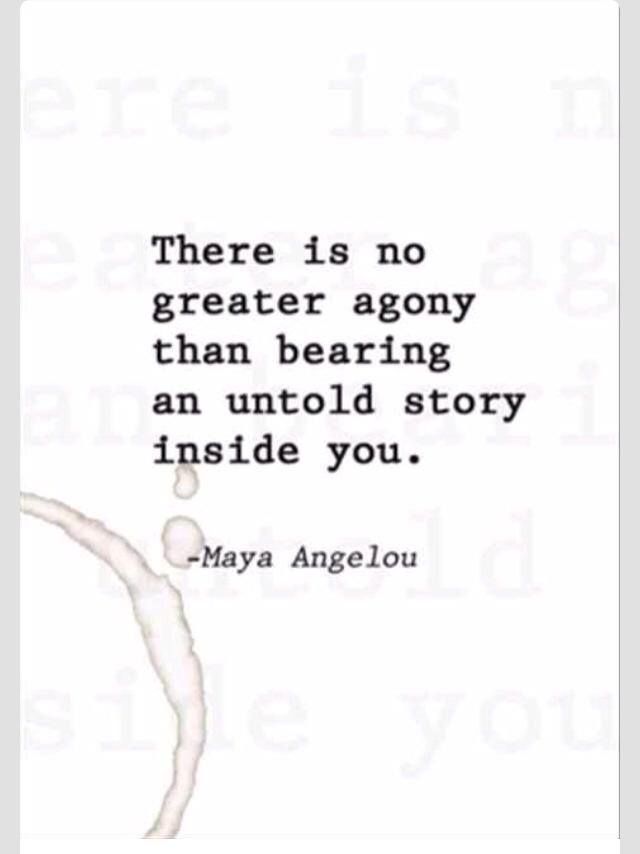Frederick D. Jones, Esq., Speaker
Over the years I’ve spoken with many aspiring authors who say, ‘I want to share my story.’ Years later I see them and they are saying the same thing. Many of them are stuck…
[fusion_builder_container hundred_percent=”yes” overflow=”visible”][fusion_builder_row][fusion_builder_column type=”1_1″ background_position=”left top” background_color=”” border_size=”” border_color=”” border_style=”solid” spacing=”yes” background_image=”” background_repeat=”no-repeat” padding=”” margin_top=”0px” margin_bottom=”0px” class=”” id=”” animation_type=”” animation_speed=”0.3″ animation_direction=”left” hide_on_mobile=”no” center_content=”no” min_height=”none”]
because they are attempting to follow out of date rules. Self-Publishing has changed and is changing fast. It’s cool now to self-publish. In this guest blog post I’m going to call a witness to the stand and have her testify. Roberta Temes, Ph.D., is going to share with you her approach to writing your memoir.
Writing Your Memoir? Ignore These Rules
It’s your story. It’s your life. You can write it your way. You are the hero of your memoir, and you are in charge of how you present your life to your readers. Please write with passion and write with integrity.
Here are some usual writing guidelines that are not necessary for memoirists to follow.
1.) Don’t Start At the Beginning
First, you do not need to start at the beginning. In fact, your story will be more interesting, more compelling, and more likely to succeed if you begin in the middle. I’ll explain: Autobiographies are linear stories that start at your birth and continue until present day. Memoirs, on the other hand, cover only certain aspects of your life. You may write a memoir about your career as a model, your relationship with your Aunt Maggie, your trip to Madagascar, or your new-found religion, or even your pet monkey. The reader does not need to know about your childhood if this is a memoir of an adult experience. If your memoir is about your relationship with your brother, the reader will need to know about that relationship starting in childhood, but will not need to know about the trips you took without your brother, nor about your friendships and activities that did not involve him. Your memoir is your personal reaction to certain events and to certain relationships.
Your emotional responses are the crux of your memoir. So, begin your memoir by recounting an event that will entice the reader. Include plenty of emotion — the more deep and authentic the emotion, the more the reader becomes curious. You want the reader to wonder, “Who is this person, how did this happen, why did it happen?”
Anybody can write about going to a ballgame with Uncle Jack and watching the Yankees easily win. But only you can write about how being with Uncle Jack made you feel like a grown-up because he treated you much differently than the way your parents treated you. Only you know what you felt when Jack offered you your first sip of beer. That feeling is the heart of your memoir. And then, in subsequent pages, you can unfurl the back story and explain the pertinent aspects of your life that led up to that incident. And then you will go ahead in time and reveal the actions you took to replicate those feelings.
2.) Forget About Grammar
Second, you do not have to write with grammatical precision. It is crucial that you use your writing time wisely and that means it’s crucial that you write. The more time you spend on figuring out correct usage and proper punctuation, the less time you have to actually write. I suggest you write everything as it comes into your mind and at a later date you can read your entire manuscript and edit it, or you can hire an editor. Your mandate is to keep writing.
3.) Don’t Put Your Best Foot Forward
Next, it is not necessary to bombard the reader with your virtues. Yes, it’s important to acknowledge your accomplishments, your awards, your milestones and more. But, it’s even more important for your reader to know about your struggles and your failures. The appealing action in your book comes from the obstacles you have overcome. Don’t minimize them. The more raw emotion you reveal, the more your readers will love you.
Roberta Temes, Ph.D. is an accomplished author, editor and writing instructor, as well as a seasoned psychotherapist and psychology faculty member. She lectures around the country at corporate meetings, medical conferences and health spas. Dr. Temes’ newest book, How to Write a Memoir in 30 Days is available now on Amazon and everywhere books are sold. She is also the author of the award-winning Living with an Empty Chair and The Complete Idiot’s Guide to Hypnosis. For more information please visit http://drroberta.com
Share this Blog:
If you found this blog helpful, share it, leave a comment, and follow me via social media. For free legal tips and publishing strategies, Subscribe: DrFredJones.Com
Want To Use This Blog:
Please do so. Just do me one small favor, include this complete blurb with today’s article. Frederick D. Jones is an author, professor and attorney. Book him, as your next keynote speaker and your audience will thank you long after he is gone! Call: 318-617-7190 Subscribe: DrFredJones.Com
© Copyright 2015 Frederick D. Jones[/fusion_builder_column][/fusion_builder_row][/fusion_builder_container]


